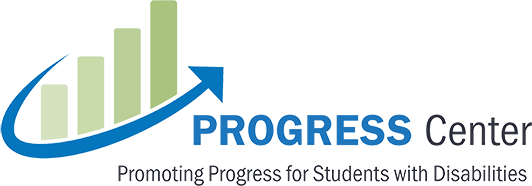This resource from the Center for Parent Information & Resources provides information about related services as they are described in IDEA, a brief overview of related services, and more in-depth information about what's excluded and how individual services are defined.
This module overviews instructional and testing accommodations for students with disabilities, explains how accommodations differ from other kinds of instructional adaptations, defines the four categories of accommodations, and describes how to implement accommodations and evaluate their effectiveness for individual students (est. completion time: 2 hours).
The 2017 Supreme Court decision Endrew F. v. Douglas County School District highlighted the importance of monitoring students’ progress toward appropriately challenging individualized educational program (IEP) annual goals and making changes to students’ educational programs when needed. The process for setting an IEP goal should be closely tied to progress monitoring, a valid, reliable method for providing frequent, ongoing assessment of a student’s performance.
This module from the IRIS Center details the process of developing high-quality individualized education programs (IEPs) for students with disabilities. The module discusses the requirements for IEPs as outlined in the Individuals with Disabilities Education Act (IDEA) with implications of the Supreme Court's ruling in Endrew F. v. Douglas County School District (est. completion time: 3 hours).
This Questions and Answers document provided by the Department of Education outlines states’ responsibilities to infants, toddlers, and children with disabilities and their families, and to the staff serving these children.
With the extended school closures happening throughout the United States, many States, districts, schools, parents, families, and students are having to learn in entirely new ways and facing challenges when it comes to learning during these unprecedented times. It is important to provide continuity of learning and growth for all children and youth, particularly those with disabilities.
